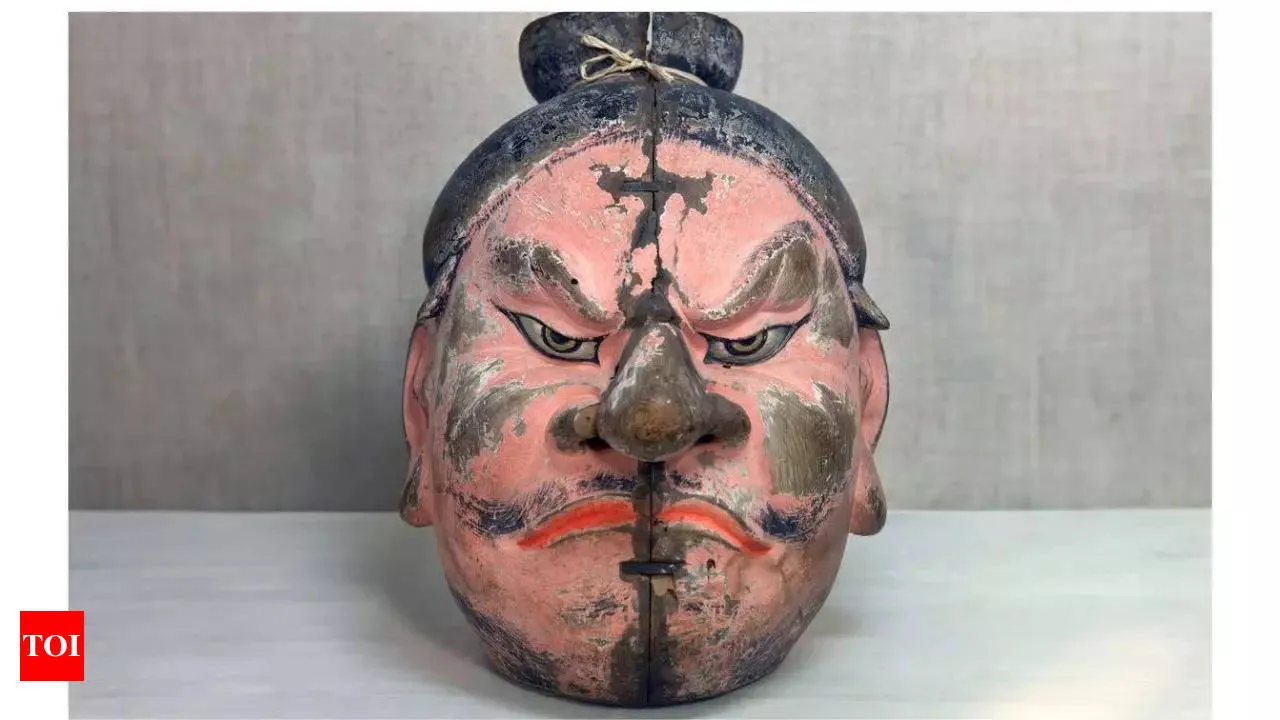Whole-Genome Sequencing and Personalized Medicine: Unraveling Japanese Ancestry

Revolutionizing Personalized Medicine through Whole-Genome Sequencing
A recent DNA study leveraging whole-genome sequencing unveils intricate details of the genetic fabric of the Japanese population. Conducted by researchers at RIKEN, the comprehensive investigation encompassed genomes from approximately 3,200 individuals across Japan, highlighting significant insights into genetic diversity and personalized medicine.
Unveiling Complex Ancestry
Traditionally, studies suggested the Japanese ancestry stems from two primary groups: the rice-farming migrants from East Asia and the indigenous Jomon people. This new research, however, substantiates a tripartite origins theory, introducing the Emishi people as a significant ancestral group.
Comprehensive Genetic Analysis
- The research marks one of the largest genetic compilations of a non-European populace.
- Whole-genome sequencing has provided data approximately 3,000 times more comprehensive than past techniques.
- Diverse genetic contributions vary by region, with Okinawa showing predominant Jomon ancestry.
Exploring Rare Genetic Variants
An analysis of rare genetic variants enhances the understanding of migration and ancestry, revealing the distribution and implications for personalized medicine.
Connecting Ancient DNA to Modern Health
Insights into ancestral markers related to health conditions may illuminate varying disease susceptibilities among the Japanese populace.
Implications for Personalized Medicine
By identifying specific genetic variants linked to health traits, researchers emphasize greater potential for developing optimized treatment strategies tailored to the genetic profile of the Japanese population.
This article was prepared using information from open sources in accordance with the principles of Ethical Policy. The editorial team is not responsible for absolute accuracy, as it relies on data from the sources referenced.